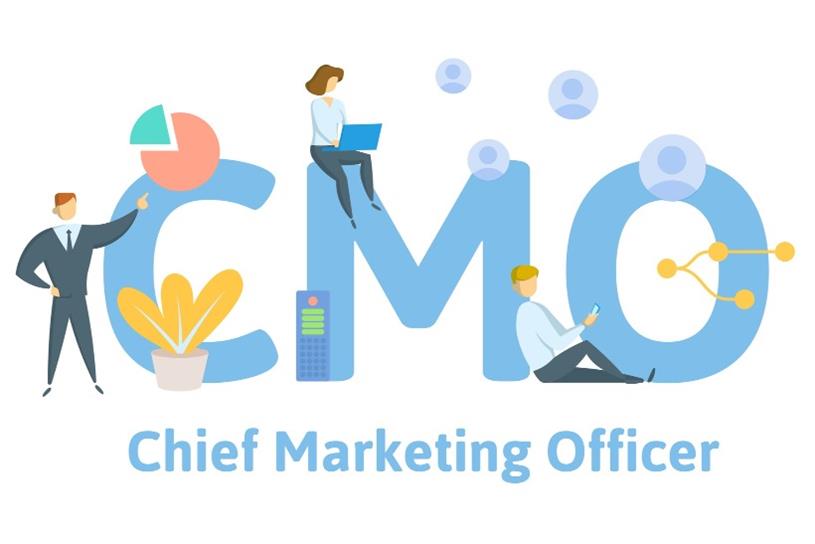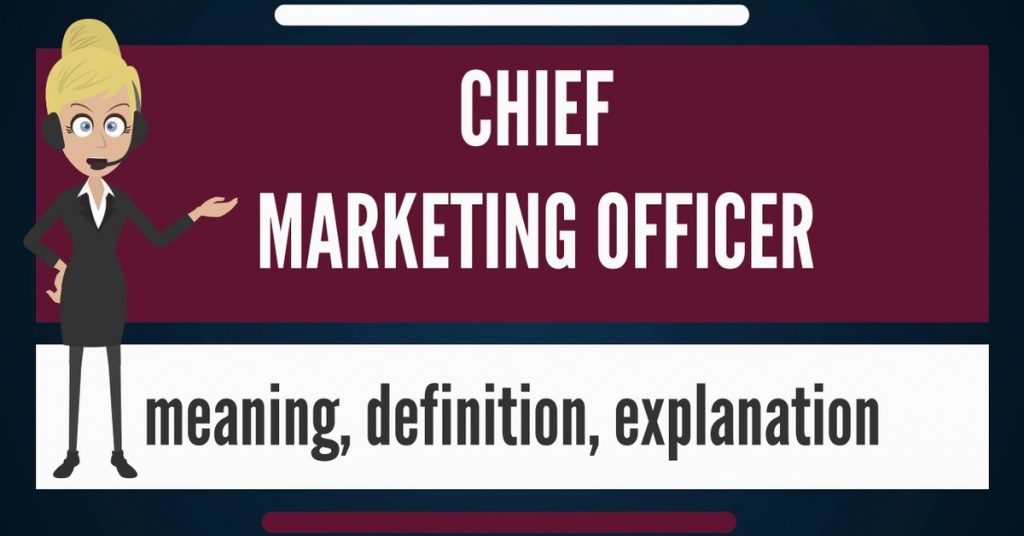
Industry experts weigh in on whether or not CMO is a legacy position that needs shaking up.
The chief marketing officer.
It’s a role consistently under the microscope, with a number of brands either doing away with it completely or creating new posts to encompass other marketing services, such as chief experience officer or chief commerce officer.
Do you think the actual title of chief marketing officer should remain within brands or should companies be trying something new? Why or why not?
Dan Gardner, Code and Theory founder and CEO
The role of a CMO has changed dramatically in the past few years and has expanded to include not only campaigns and messaging but also for the ever-changing metrics, data, products, services and experiences.
It’s only natural that new titles and roles have been created in response to these new responsibilities. Some companies are placing a chief experience officer in a role that encompasses the entire end-to-end experience as well the associated insights. Others are using a chief growth officer title in roles which connect marketing, services, data, technology, customer experiences, and revenue.
Given the additional responsibility, today’s CMOs deserve a transformation that allows them to better accomplish their ultimate goal of driving value and growth to their respective companies.
Chris Shumaker, partner, Hasan & Shumaker
When I was choosing my major in college a long time ago, I asked my dad, who was VP marketing for a computer company, “What’s marketing?” He tried to put it in terms a seventeen-year-old could comprehend, “marketing is always looking through the customer’s lens to provide a desired good or service.” It must have worked for me because that’s exactly the major I earned.
That ‘lens’ not only includes the four Ps of marketing (product, place, price, promotion), but a healthy understanding of both micro-marketing (efforts by a company to anticipate customer needs/desires) and macro-marketing (appreciation of societal trends influencing the marketplace).
The term marketing pretty much encompasses everything the lens can see including the customer experience. I’m all for specialists in different aspects of marketing like e-commerce, digital marketing, public relations, media science and much more, but for me, all those specialists are in service to marketing. So, in short, I would keep the title marketing and just live up to its definition.
Emily Wilcox, head of account management at Johannes Leonardo
I don’t think the argument is whether the name can or should change. Sure it can. What is more important is the intention behind the position. That is what must remain the same. So whether it is CMO, or chief experience officer or chief growth officer, we are in an age where the ultimate challenge in our industry is to overcome indifference and not only earn a legitimate place in our consumers lives, but also remain there.
Someone needs to be empowered and accountable for establishing and driving a meaningful brand connection with consumers. It’s critical to any brand that wants to survive today and tomorrow. Those who don’t, will ultimately lose.
Rahul Roy, chief operating officer at OKRP
There seems to be a genuine search for newer ways to express how the CMOs job now encompasses and influences a growing web of organizational functions that have consumer impact, but our firm belief is that genuine accountable performance comes from clarity of vision, not buzzworthy new titles. We’d offer that “chief MARKETING officer” is still the clearest way to know who holds the reins.
Brand experience, retail design, E-commerce, PR, CSR, digital services and others are all – in our humble opinion – still subordinate to the CMO. Be clear, stay simple and give CMOs the organizational authority they need to ensure the consumer isn’t confused at different messaging points.”
Kwame Taylor-Hayford, co-founder, Kin
The responsibilities and title of a CMO will continue to evolve as mediums, tools and skillsets shift. Today, it’s never been more important for those in the lead marketing role to show their brand or product or service as having an authentic purpose and values.
Proving both through concrete actions beyond the product you make is critical. Consumers are more empowered than ever before so brands will need strong leadership, imagination, investment and partnerships to build lasting consumer connections.










